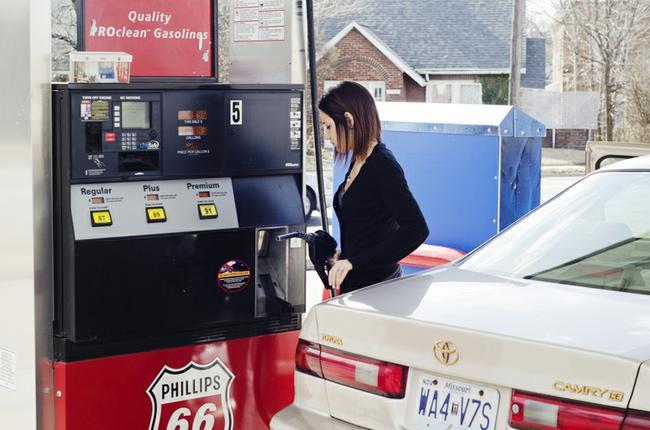
With gas prices skyrocketing this month, Sen. Roy Blunt, R-Mo., introduced an amendment to the Senate’s transportation bill that would relax current restrictions on “boutique fuels,” special blends of gasoline that vary from state to state and from city to city.
“With gas prices on the rise nationwide, it makes sense to simplify our fuel blends to help lower costs and provide more flexibility for consumers,” Blunt said in a news release. “We need an all-of-the-above approach to pursuing more American energy, and one of the ways we can accomplish that goal is providing more reliable, flexible and affordable fuel blends.”
Often, prices of these blends can spike dramatically when there is a disruption that causes a short supply of boutique fuels. The amendment would expand the current window in which the Environmental Protection Agency can grant waivers for local areas to use whatever fuel they have supply of in the face of these disruptions.
The amendment would also call on the EPA and the Department of Energy to study the status of boutique fuel programs and how they impact gas prices nationwide.
This “Fuel Harmonization Study” would also study how the proliferation of boutique fuels affects the fuel supply of localities using these blends, and determining how those areas can better handle their vulnerability to surges in gas prices.
Blunt has recently come out as a vocal opponent to President Barack Obama’s energy strategy.
In a video released Monday, he criticized Obama’s energy plan and its hostility toward domestic energy production.
“The president’s rhetoric simply doesn’t match his record when it comes to our nation’s energy policies,” Blunt said in the video. “Americans are facing greater pain at the pump as a result.”
Blunt said in the video that families and job creators both in Missouri and nationwide are bracing for the prospect of paying $4 per gallon by the summer.
“More American energy means more American jobs,” Blunt said in the video. “We need a comprehensive energy strategy that encourages more domestic oil production while utilizing all forms of American energy to help jumpstart private sector job creation and put our nation on a path to greater energy independence.”